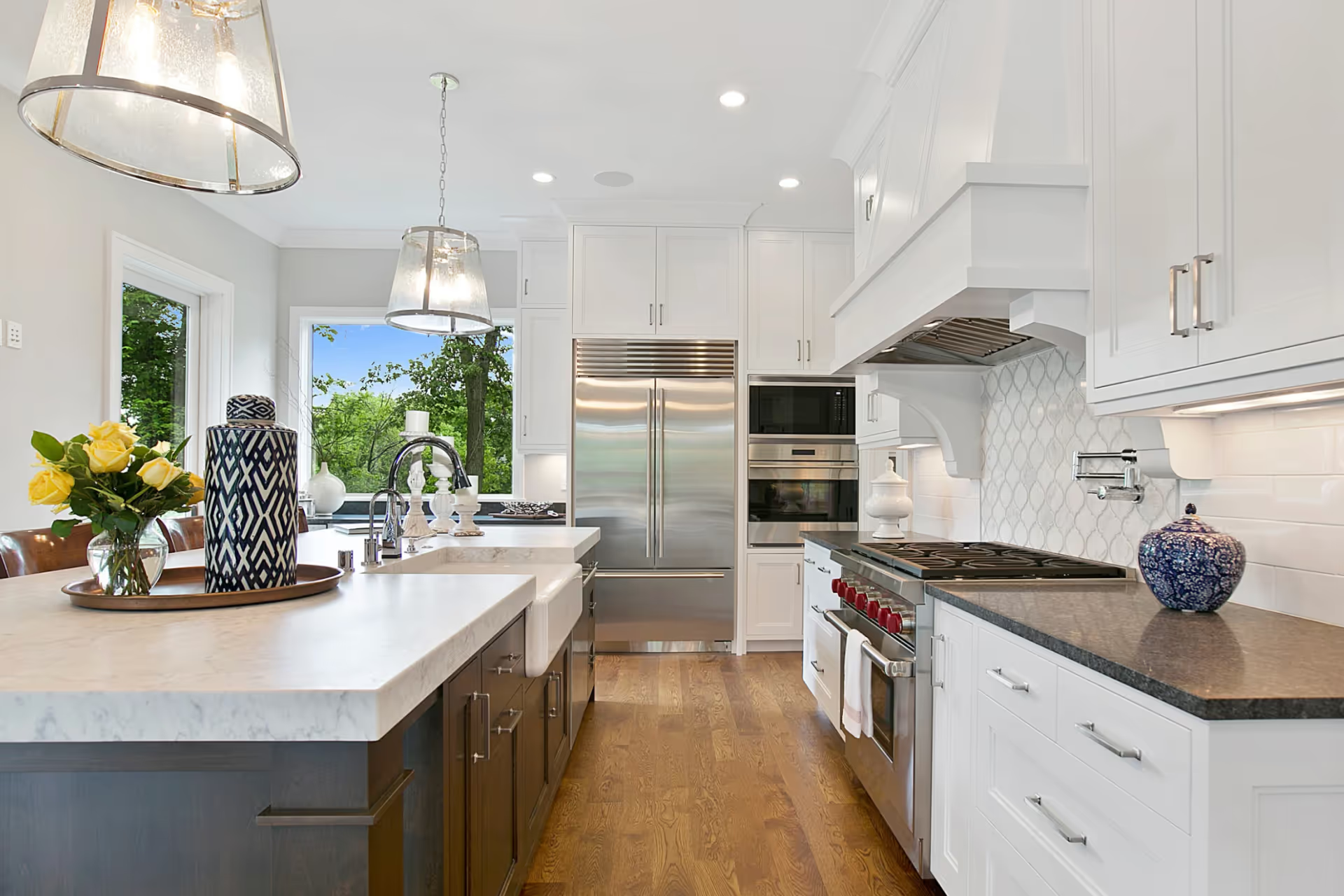Your Complete Guide to Selling Your home
Expert advice for homeowners in Orange, Riverside, and Los Angeles Counties looking to sell their property.

Welcome to the Seller’s Guide Hub
Selling a home is an emotional and financial decision, but with the right guidance, you can maximize your return and minimize stress. This page is designed to give you the tools and knowledge you need to successfully sell your home—from pricing and marketing to negotiating offers.
1. Preparing Your Home for Sale
First impressions matter. Here’s how you can ensure your home is market-ready
Home Staging
A well-staged home helps buyers envision themselves living in the space. Simple touches like decluttering, rearranging furniture, and adding fresh flowers can make a big difference.
Good staging often leads to faster sales and higher offers.
Good staging often leads to faster sales and higher offers.
Repairs & Improvements
Small repairs can go a long way in increasing your home’s value. Fixing leaky faucets, repainting walls, and updating outdated fixtures make your home more appealing.
A move-in-ready home attracts more serious buyers.
A move-in-ready home attracts more serious buyers.
Curb Appeal
The exterior of your home is the first thing buyers see. A clean yard, fresh paint, and a welcoming entryway set the tone for the entire showing.
First impressions can make or break a sale.
First impressions can make or break a sale.
Cleaning & Decluttering
A clutter-free home looks bigger and more inviting. Removing personal items and deep-cleaning every room helps buyers focus on the space itself.A fresh-smelling home creates a lasting positive impression.
Tips and Tricks on Preparing Your Home for Sale
2. Pricing Your Home Right
Setting the right price is critical to a successful sale.
Comparative Market Analysis
A CMA compares your home to similar properties recently sold in your area. This helps determine a competitive and realistic listing price.
Pricing too high can deter buyers, while pricing too low can leave money on the table.
Pricing too high can deter buyers, while pricing too low can leave money on the table.
Pricing Strategies
Pricing just below market value can generate more interest and multiple offers. This strategy often leads to a higher final sale price.
A well-priced home attracts the most attention in the first few weeks.
A well-priced home attracts the most attention in the first few weeks.
The Risks of Overpricing or Underpricing
Overpricing can cause your home to sit on the market too long, making it less desirable. Underpricing may lead to a quick sale but could mean leaving money behind.
Finding the sweet spot is key to a successful sale.
Finding the sweet spot is key to a successful sale.
3. Marketing Your Home
We use a combination of digital marketing and traditional methods to get your home in front of the right buyers.
Online Listings
Once you find a home you love, it’s time to submit an offer. A strong offer considers price, contingencies, and seller motivations.
In competitive markets, speed and strategy matter.
In competitive markets, speed and strategy matter.
Professional Photography & Virtual Tours
Great listing photos make all the difference. Professional photography and 3D tours help showcase your home’s best features.
Homes with great visuals tend to sell faster.
Homes with great visuals tend to sell faster.
Open Houses & Showings
In-person viewings allow buyers to experience your home firsthand. Hosting open houses and private showings increases the chances of a quick sale.
The more eyes on your home, the better.
The more eyes on your home, the better.
4. Negotiating Offers and Closing the Sale
Once you start receiving offers, we’ll help you navigate the negotiation process.
Reviewing Offers
Each offer comes with different terms and conditions. Looking beyond price to factors like contingencies and financing can help you choose the best one.
A well-structured offer leads to a smoother closing process.
A well-structured offer leads to a smoother closing process.
Negotiation Tactics
Buyers will likely negotiate, so be prepared to counter. Whether it’s price, closing costs, or repairs, skilled negotiation can maximize your final sale price.
A good agent knows when to push and when to compromise.
A good agent knows when to push and when to compromise.
Closing the Sale
Once an offer is accepted, the closing process begins. This includes finalizing paperwork, inspections, and transferring ownership.
Proper planning ensures a hassle-free closing experience.
Proper planning ensures a hassle-free closing experience.
More Resources on Receiving Offers
5. Understanding Closing Costs
Just like buyers, sellers also face closing costs. This section outlines what you’ll need to pay.
Agent Commission Fees
Real estate agent commissions are typically the largest seller expense, usually around 5-6% of the sale price. This fee is split between the buyer’s and seller’s agents for their role in marketing, negotiations, and closing the deal.
A great agent earns their commission by maximizing your home’s value and securing the best terms.
A great agent earns their commission by maximizing your home’s value and securing the best terms.
Repairs & Concessions
Buyers may request repairs or closing cost concessions during negotiations. Offering credits or handling minor fixes can help keep the deal moving forward smoothly.
Strategic concessions can prevent bigger delays or deal-breakers.
Strategic concessions can prevent bigger delays or deal-breakers.
Title & Transfer Fees
Title fees ensure a smooth transfer of ownership, covering legal documentation and verifying a clean title. Transfer taxes vary by location and are typically a percentage of the sale price.
These fees are a standard part of selling and should be factored into your budget.
These fees are a standard part of selling and should be factored into your budget.

















.avif)